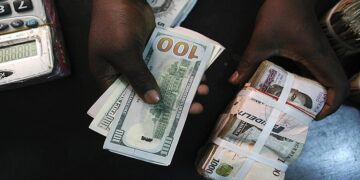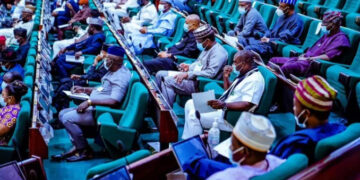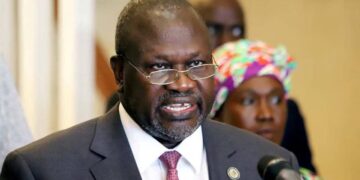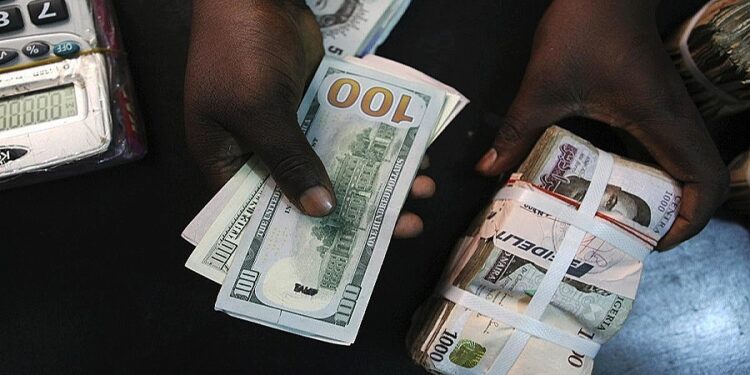By John Ikani
The Central Bank of Nigeria (CBN) has issued new guidelines governing the sale of foreign exchange (FX) by Bureau De Change (BDC) operators within the country.
This marks the end of a 25-month ban on BDCs, as the apex bank aims to bring stability to Nigeria’s FX market.
In 2021, the CBN, under the leadership of former Governor Godwin Emefiele, imposed a ban on FX sales to BDC operators.
The CBN hopes that allowing BDC operators back into the fold will help alleviate pressure on the FX market.
The apex bank in a statement on its website on Friday evening disclosed that the margin for buying and selling FX by BDCs will be limited within a range of -2.5% to +2.5% of the average FX window rate from the previous day.
This week, the naira experienced a surge, reaching N855/$1 on the parallel market as of Friday morning, and maintaining a rate of about N744 on the I&E window.
Aligned with the freshly introduced operational guidelines, the CBN will also make it mandatory for BDCs to provide regular financial reports through the Financial Institution Forex Rendition System (FIFX).
The rationale behind this requirement is the belief that BDCs can play a role in boosting the FX supply within the market and reducing rate pressure.
Historically, BDCs have benefited from arbitrage opportunities and the presence of multiple exchange windows in Nigeria.
The value of BDC licenses had significantly decreased following reports of Nigeria’s move towards a unified exchange rate.
However, the CBN’s current move is set to reinvigorate these operators. Some analysts caution that if not managed effectively, supplying FX through BDCs might potentially contribute to inflation.
Despite the Central Bank of Nigeria’s efforts to unify FX rates, the outcome has fallen short due to the bank’s inability to match demand.
Consequently, the parallel market has remained a crucial supply source, creating a notable arbitrage opportunity.




































